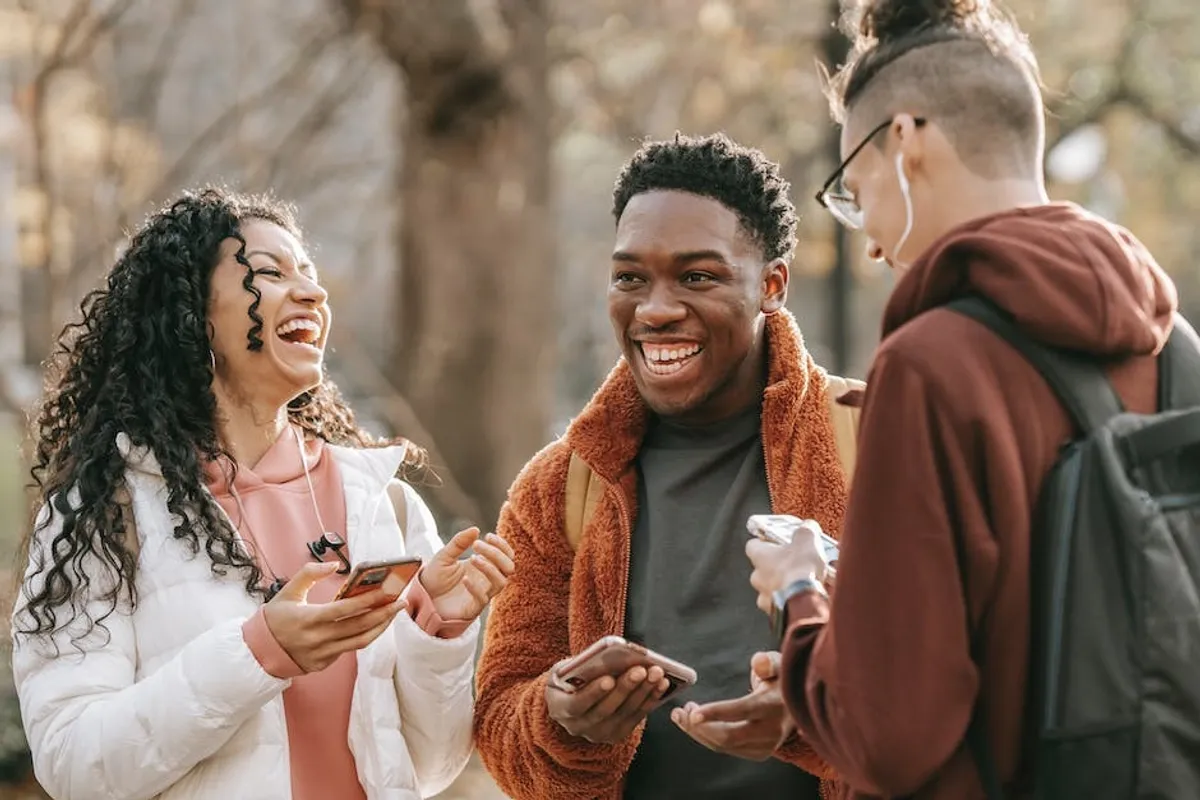Peer support and other forms of healthy social interactions increase the effectiveness of therapy. Individuals with substance use disorder (SUD) benefit from spending time with individuals and groups within the recovery community. According to Substance Use and Misuse, Research has repeatedly found that those with stronger social support networks remain in treatment longer, and have better recovery outcomes with a decreased likelihood of return to use." The Redpoint Center helps individuals in treatment make healthy social connections.
How Does Community Engagement Impact Mental Health?
A person's mental health is affected by their environment and everyday social interactions. According to the Centers for Disease Control and Prevention (CDC), Research shows that social connectedness can lead to longer life, better health, and improved well-being." Often, people recovering from SUD feel isolated and alone in their experience. Finding healthy ways to engage with others in the recovery community decreases loneliness and reduces the symptoms of SUD.
Positive forms of community engagement affect mental health for people in recovery by doing the following:
- Reducing stress
- Improving overall mood and increasing positivity
- Decreasing the severity of mental health symptoms
- Providing positive role models
- Motivating essential lifestyle changes
People often feel more confident about coping with challenges in early recovery if they are part of an active and supportive community. Being part of a community reduces the risk of relapse and makes the transition out of treatment less stressful for most people. The Redpoint Center prioritizes peer engagement and ensures all clients can access the skills and resources needed to build healthy social relationships.
Benefits of Full-Day Treatment Programs
Full-day treatment programs, including partial hospitalization programs (PHPs), use group therapy to help clients become more actively engaged in their own recovery. Clinicians and support staff at The Redpoint Center also provide important social support. The personalized programs make it easy to build healthy social connections.
Some of the social benefits of attending full-day treatment programs include:
- Less time spent alone
- Focusing on treatment reduces boredom
- Greater social support and increased accountability for maintaining sobriety
- Social skills development and reduced social anxiety
Treatment programs are monitored and highly structured, making them an ideal space for practicing new social skills. People in recovery learn from one another and the care team. Often, clients develop mentor/mentee relationships with peers at different stages in their recovery. Everyone benefits from joining a community of supportive individuals striving for long-term sobriety.
Health Benefits of Building Positive Social Connections
Positive social interactions provide an excellent source of comfort and support, reducing mental and physical stress. Finding ways to connect with others during treatment makes it easier to develop new friendships and join sober groups after completing the program.
Some known health benefits of forming healthy social bonds include:
- Reduced risk of dementia or other forms of cognitive decline in older adults
- Increased impulse control and accountability
- Reduced risk of relapse
- Improved memory and focus for some people
- Reduced effects of loneliness or self-isolation
According to Social Psychiatry and Psychiatric Epidemiology, The association between social networks and improved mental and physical health is well documented in the literature." The Redpoint Center uses peer and community engagement to help people heal from SUD and co-occurring conditions. Clinicians work with clients to determine what forms of social support provide them with the best outcome.
Making Social Connections With Sober Peers in Colorado
Colorado has a thriving sober community and many recovery support services. County, city, and state programs make it easier for people in recovery to connect. Support groups, community events, advocacy organizations, treatment programs, and other resources are available to everyone living in Colorado.
A few ways people in Colorado make strong social connections include:
- Volunteering
- Joining hobby groups
- Participating in sports or other outdoor activities
- Attending self-help groups
- Mentoring others in early recovery or finding a mentor through local support groups
- Participating in alumni events at The Redpoint Center
Full-day treatment programs give clients the time and space to try new activities, meet sober peers, and become part of the larger recovery community in Colorado. Some individuals in treatment prefer online recovery support groups. Joining a community allows people to share their stories and gain inspiration from others.
The Redpoint Center Connects Peers in Recovery
The partial hospitalization program at The Redpoint Center in Longmont, Colorado, is one of the best rehabilitation programs in the state. Clients collaborate with a dedicated team of recovery experts to gain essential life skills and learn to manage their condition. Community is important to the clinicians and support staff at The Redpoint Center. Clients are given an opportunity to engage with the local community during treatment and through alumni services after completing the program. The Redpoint Center also has multiple locations where people receive treatment and connect with others in recovery.
PHP and other full-day treatment programs at The Redpoint Center allow clients to engage with peers who share similar life experiences. Peer relationships often reduce the risk of relapse and enhance the effectiveness of therapy. Full-day treatment programs give clients time and space to form new relationships with groups and individuals in the recovery community. The Redpoint Center encourages clients to heal together and participate in the recovery community in Longmont, Colorado. Case managers and clinicians provide clients with information about local community resources. Contact us at (303) 219-0973 to learn more about our programs and services. The Redpoint Center is here to help you become part of a thriving community.
